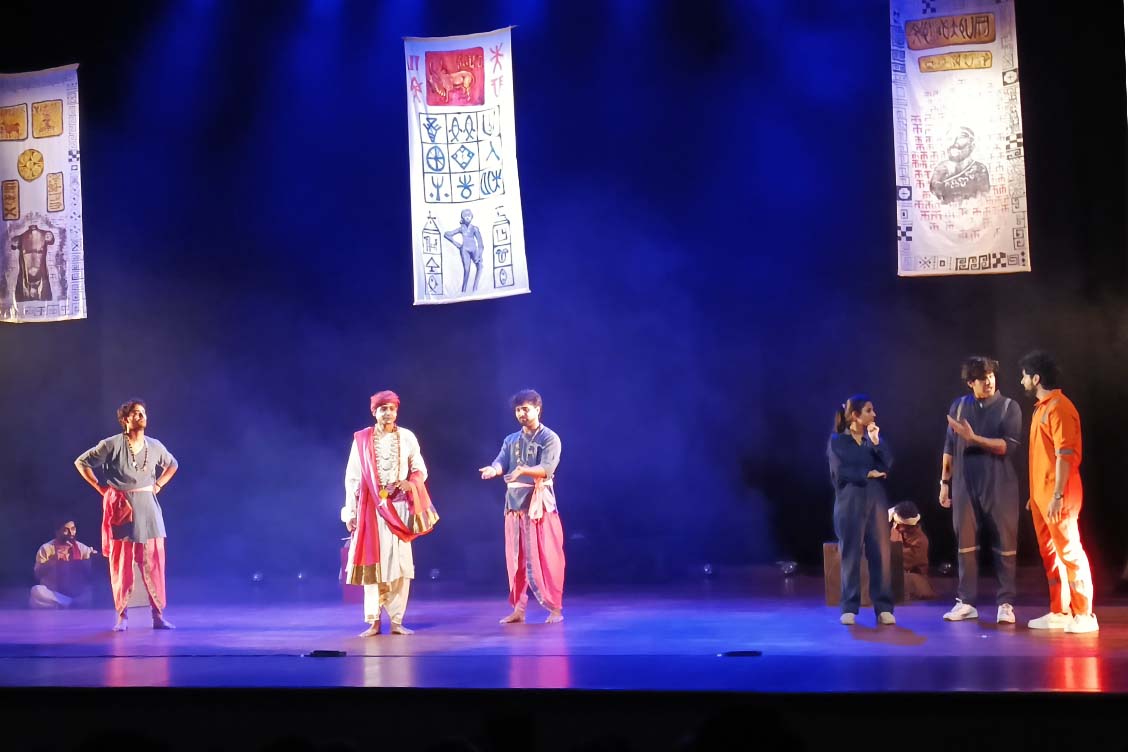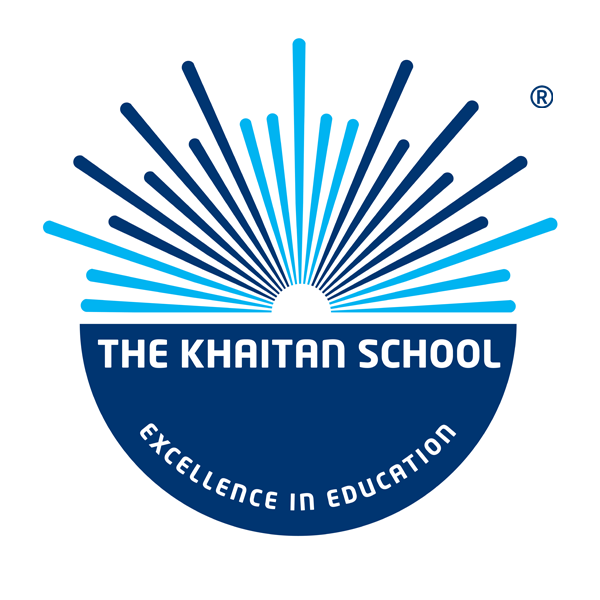“Give the students something to do, not something to learn; and the doing is of such a nature as to demand thinking; learning naturally results.”
— John Dewey
On 29th August 2025, the Middle School Social Science Department of The Khaitan School, Noida took a creative leap into experiential learning by organizing the screening of a curriculum-integrated theatre production for Grade 6 students. The play, “Threads of Time: The Story of Us”, staged at the renowned Kamani Auditorium, New Delhi, offered students a rare opportunity to witness history come alive through the powerful medium of drama.
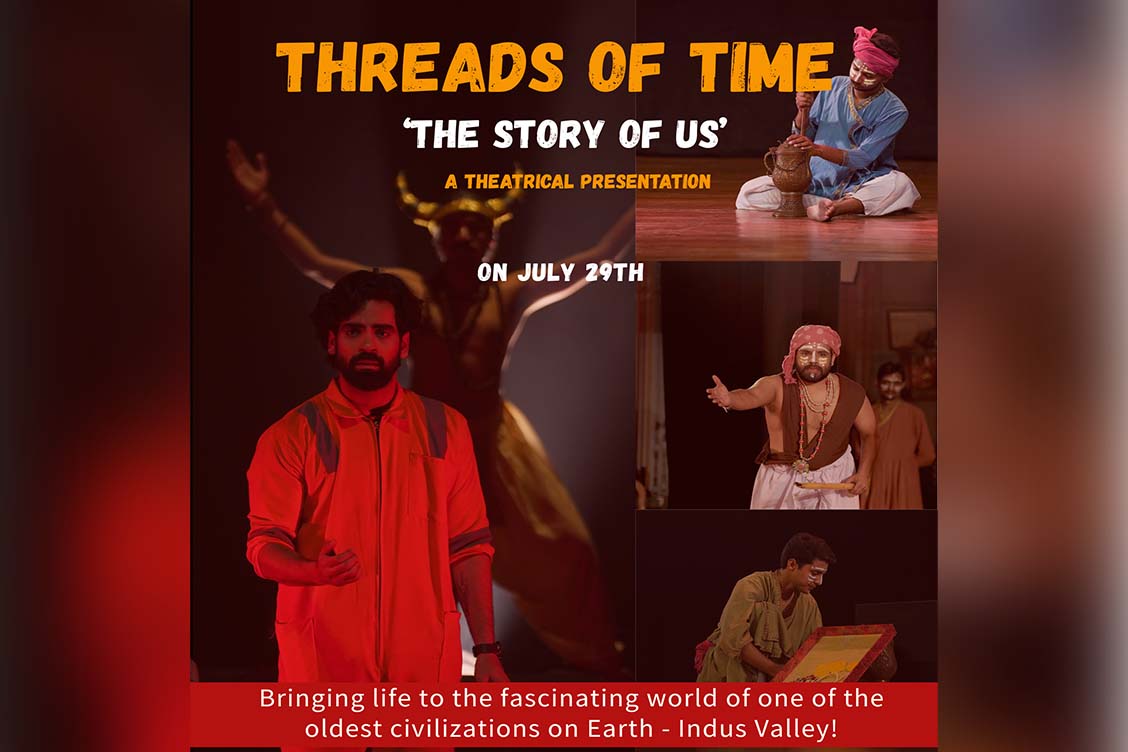
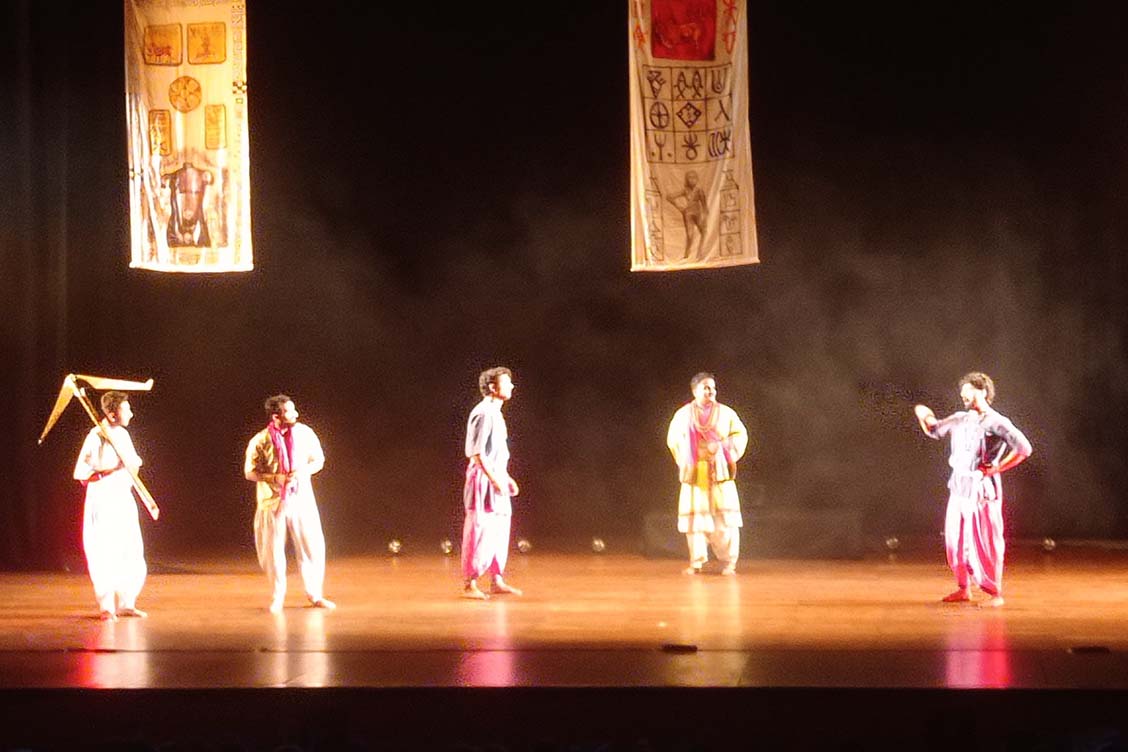
Curated by the theatre group History Diaries, the performance was rooted in Chapter 6: The Beginning of Indian Civilisation from the NCERT Grade 6 History curriculum. The play revolved around the awe-inspiring journey of the Indus Valley Civilization, one of the world’s earliest urban cultures. Using a well-researched script based on archaeological excavation reports, museum archives, original inscriptions, and interpretations by leading scholars, the production offered both historical accuracy and age-appropriate engagement.
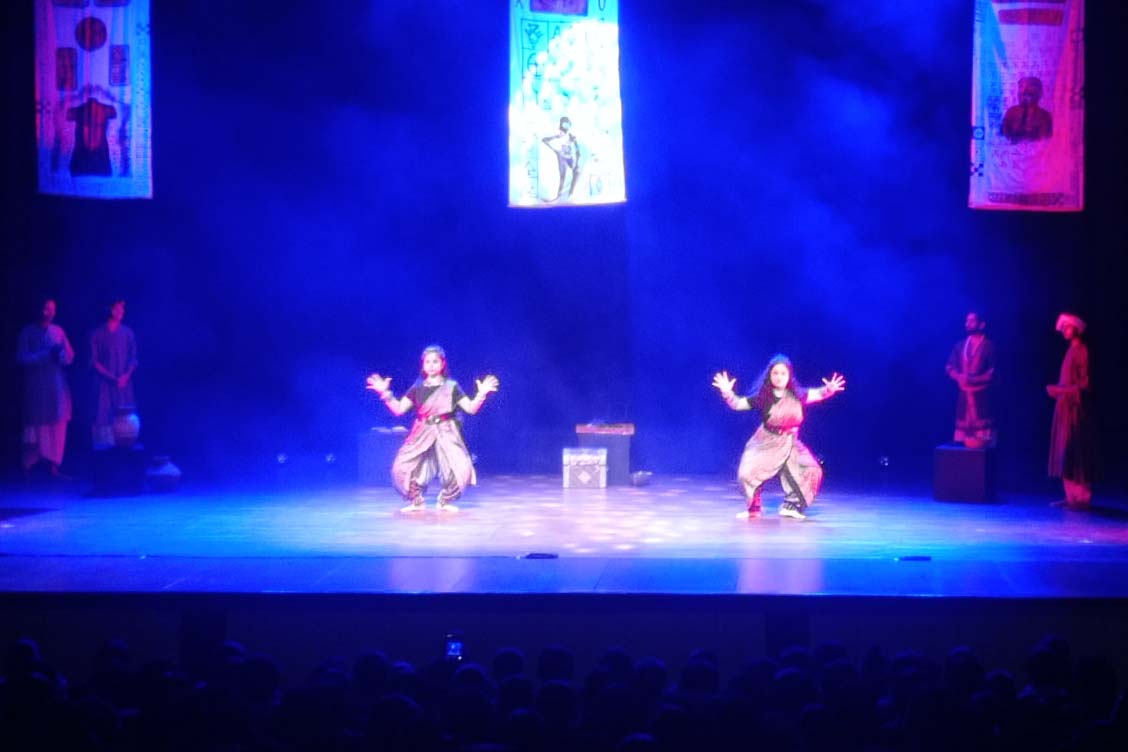
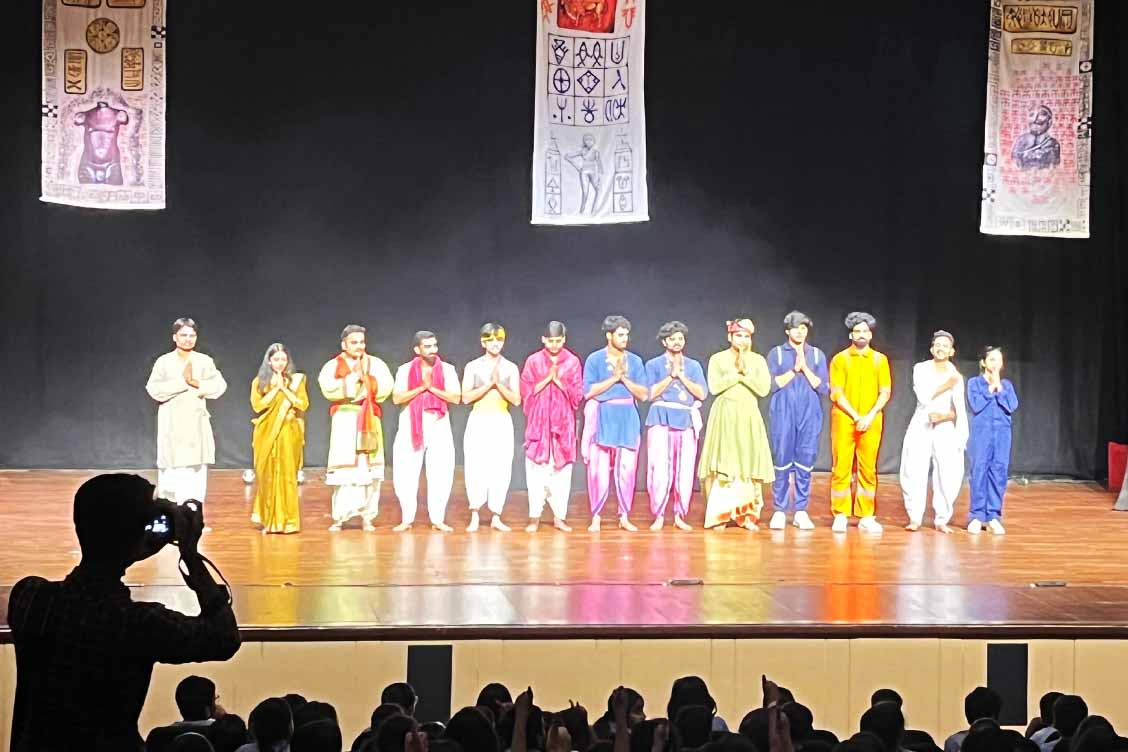
The performance uniquely blended visual storytelling, dramatic dialogues, interactive moments, and humour to captivate young minds. It went beyond traditional learning methods by incorporating replicas, props, and multimedia visuals to help students visualize ancient life in Harappa and Mohenjo-Daro.
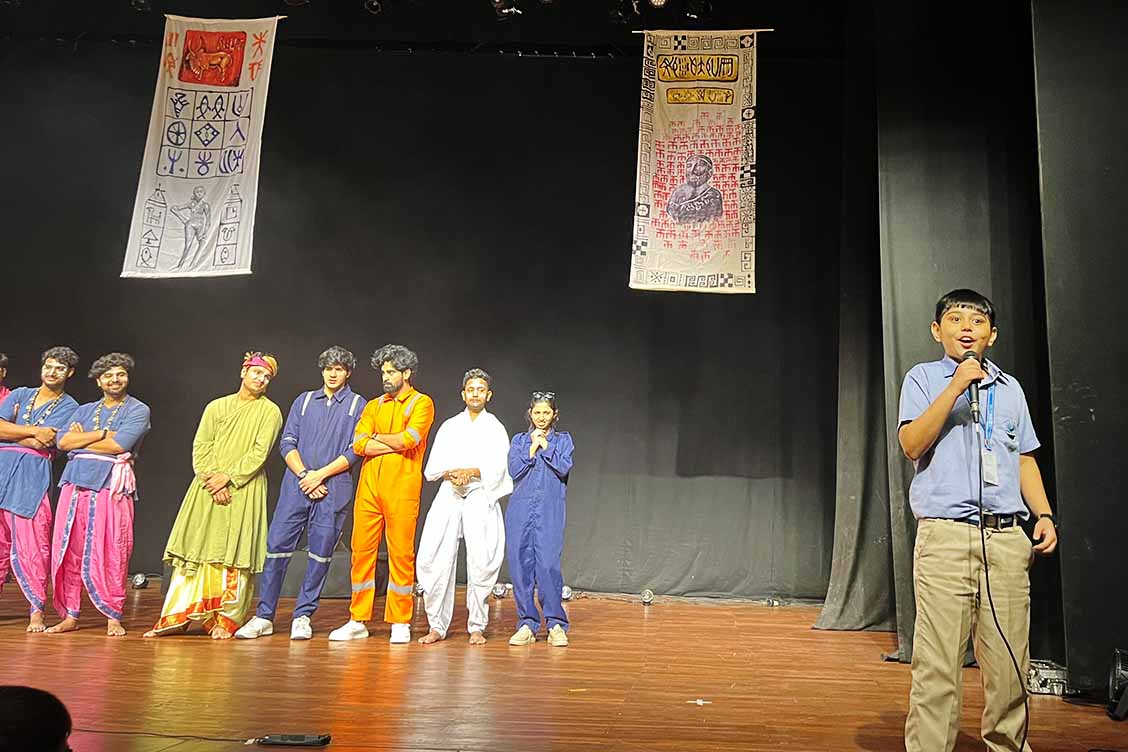
By collaborating with History Diaries, The Khaitan School reaffirmed its belief in art integration and experiential education as tools for holistic development. Such experiences contribute significantly to the development of critical life skills like problem-solving, collaboration, communication, leadership, and empathy.
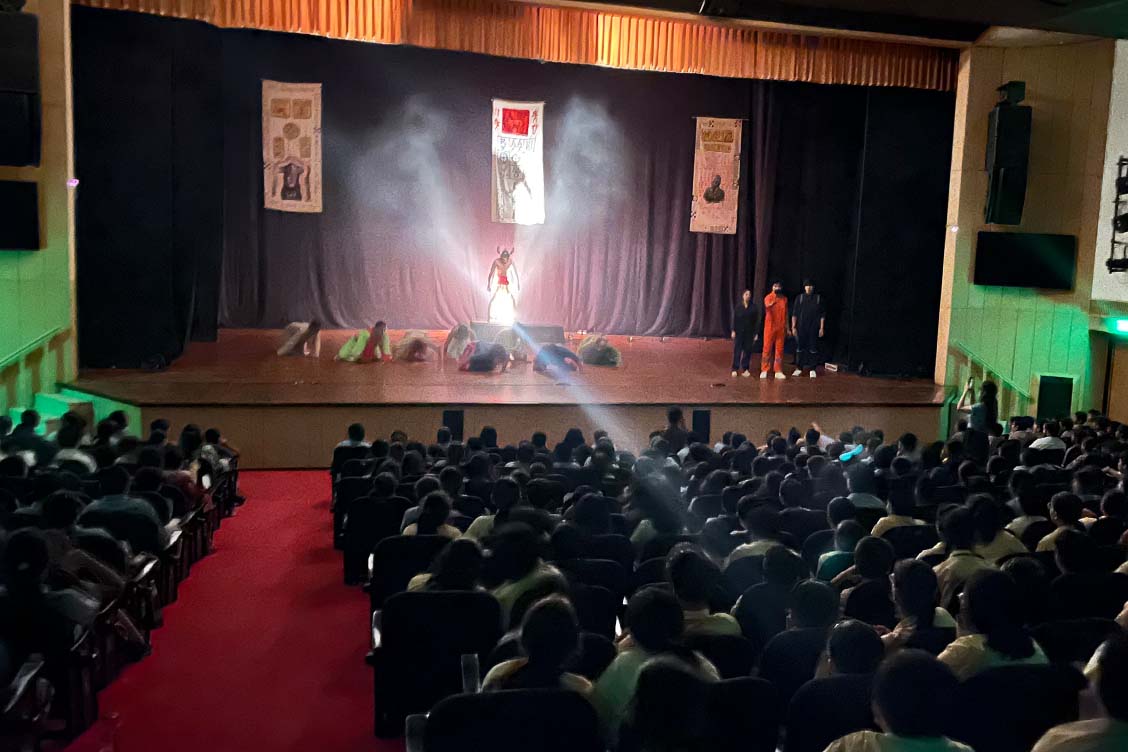
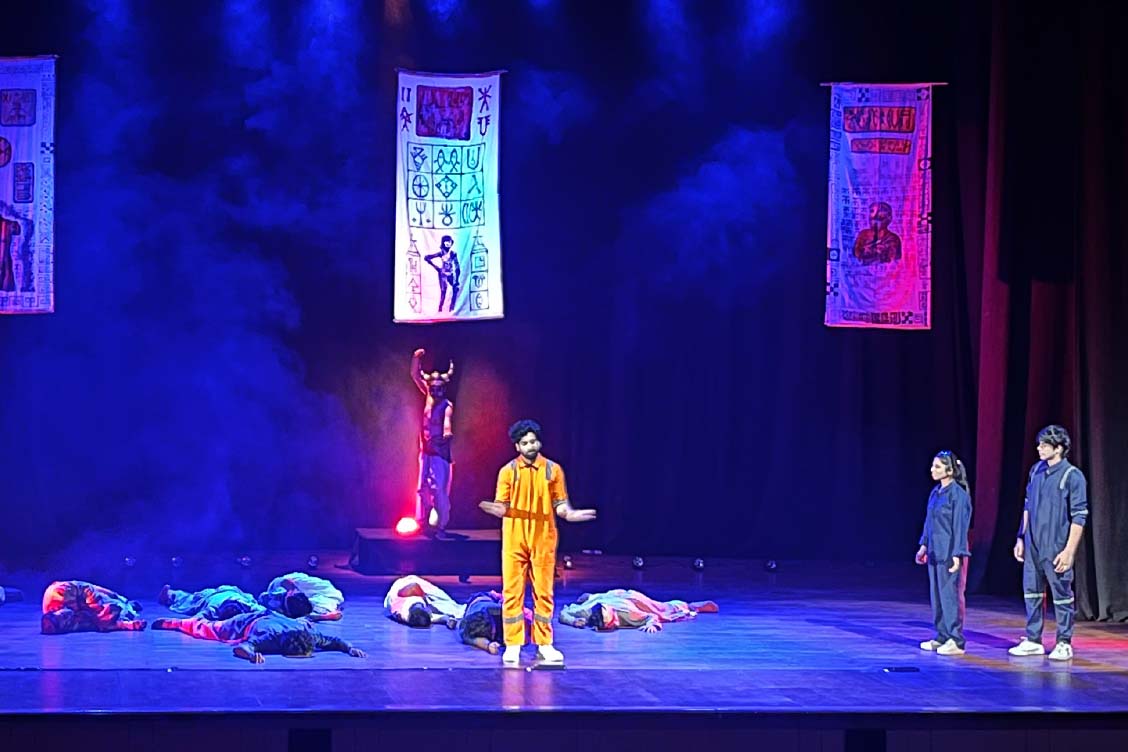
The students responded enthusiastically, and their reflections captured in post-event worksheets reflected deep engagement and curiosity. The event not only reinforced classroom learning but also sparked a genuine interest in historical inquiry among the students.
This initiative stands as a testament to the school’s commitment to innovative pedagogy, where history is not just read—but lived, felt, and remembered.

